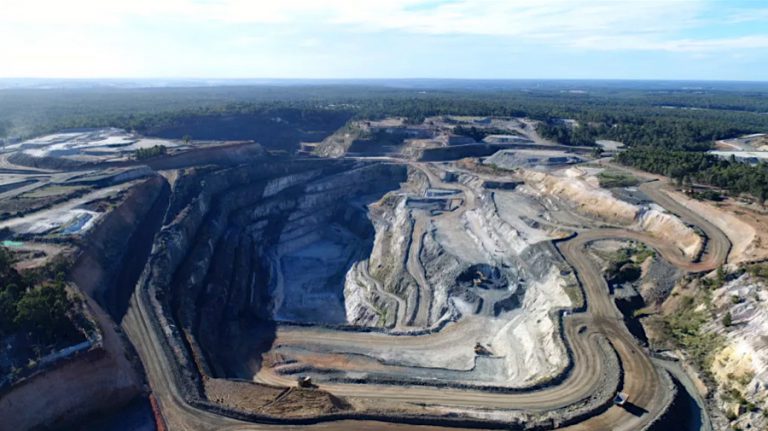The Australian mining, manufacturing, construction and services industries consumer price index (CPI) rose 5.6% from June 2021 to June 2022. This is the biggest increase since 2008 off the back of the global financial crisis. Supply constraints for building materials and metals, a decrease in global crude oil supplies, high freight costs and labour shortages are all contributing to uncertainty with the planning and delivery of megaprojects.
As a result, I believe CFOs will, through necessity, become more involved in supply chain management in the current volatile market of inflated costs. When calculating the value of a project, CFOs have traditionally provided a fixed capital cost to the market. However, they must start normalising the concept of communicating a variable cost on projects to stakeholders – and will need to manage cost expectations ongoing by overseeing supply chain management.
Decarbonisation will be another driving influence on the CFO role. With sustainability and net zero targets at the forefront of the mining and minerals sector’s key priorities, CFOs are becoming more actively involved across their supply chains to also gain greater control over manufacturing processes and materials.
Australia’s export revenue of lithium concentrates increased by 1,189% in the year to June 2022. These astronomic price increases are seeing CFOs becoming more directly involved with their suppliers and customers. For example, Elon Musk recently announced the possibility of Tesla becoming directly involved in lithium mining and refining business because the cost of metal – a key component in manufacturing batteries – has become so high. Similarly, Liontown Resources, an emerging battery minerals producer in WA, recently signed agreements to supply lithium concentrate to Tesla and Ford Motor Co.
A long-term trend I foresee is CFOs involving themselves across the entire project value chain. This will include procurement and supply chain policies. This will be a strategic advantage for organisations, to ensure costs expectations are met and the entire supply chain is green or carbon neutral.
–
Raja Sahulhameed is the West Australian Principal at the advisory division of Hatch, an award-winning multidisciplinary leader in delivering engineering, operational and development projects in the metals, energy and infrastructure industries. Hatch’s team of team of advisory consultants, industry experts, and operations leaders work together with clients in developing strategy, prioritising and optimising capital investments, executing large scale growth and energy transition projects, and improving supply chain and operations.
Raja has more than 10 years’ experience in global management advisory firms, including McKinsey in the UAE, USA and Australia, where he was a leader in Capital Excellence Practice and managed project turnarounds for major metals, mining, oil and gas clients.
The views and opinions expressed in this article are the author’s own, and do not necessarily reflect those held by pv magazine.
This content is protected by copyright and may not be reused. If you want to cooperate with us and would like to reuse some of our content, please contact: editors@pv-magazine.com.








By submitting this form you agree to pv magazine using your data for the purposes of publishing your comment.
Your personal data will only be disclosed or otherwise transmitted to third parties for the purposes of spam filtering or if this is necessary for technical maintenance of the website. Any other transfer to third parties will not take place unless this is justified on the basis of applicable data protection regulations or if pv magazine is legally obliged to do so.
You may revoke this consent at any time with effect for the future, in which case your personal data will be deleted immediately. Otherwise, your data will be deleted if pv magazine has processed your request or the purpose of data storage is fulfilled.
Further information on data privacy can be found in our Data Protection Policy.